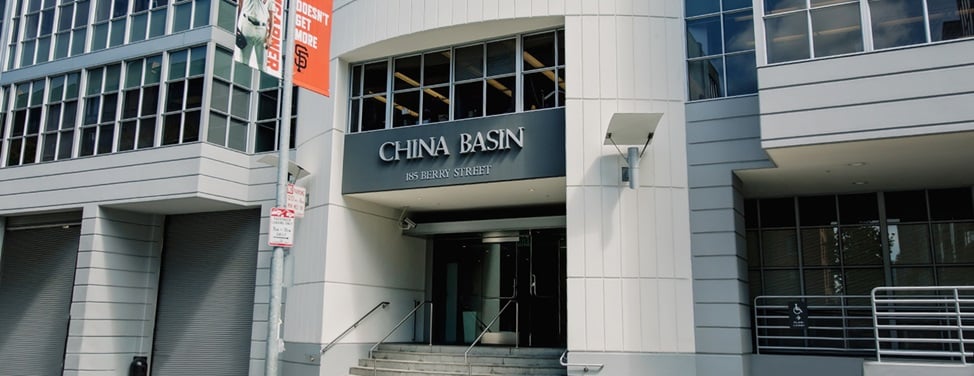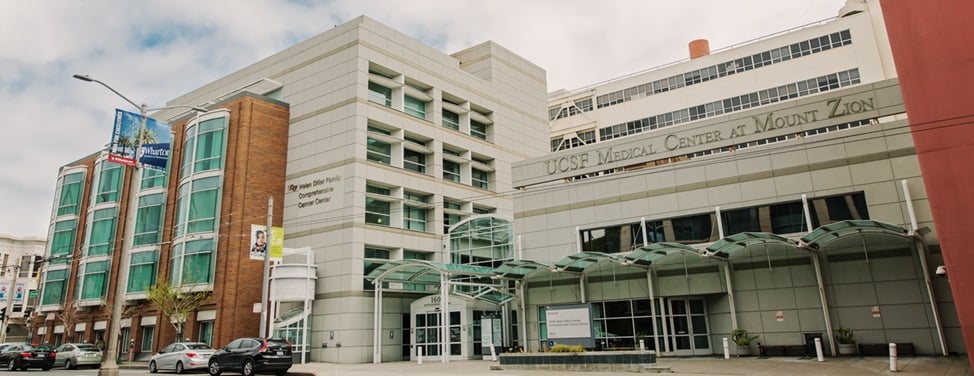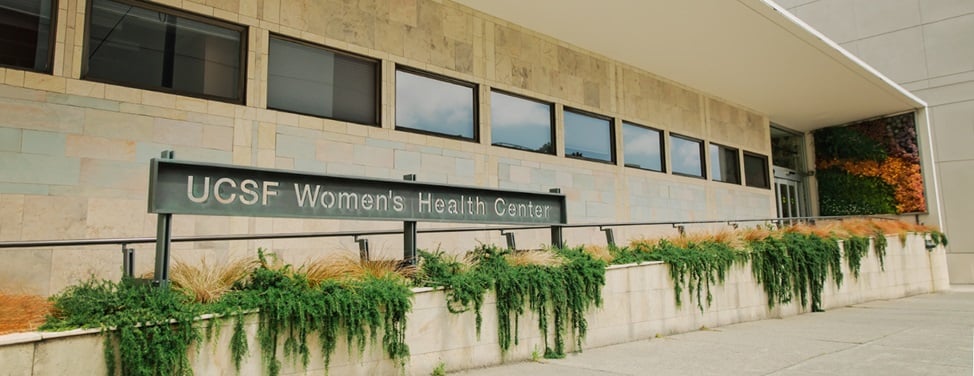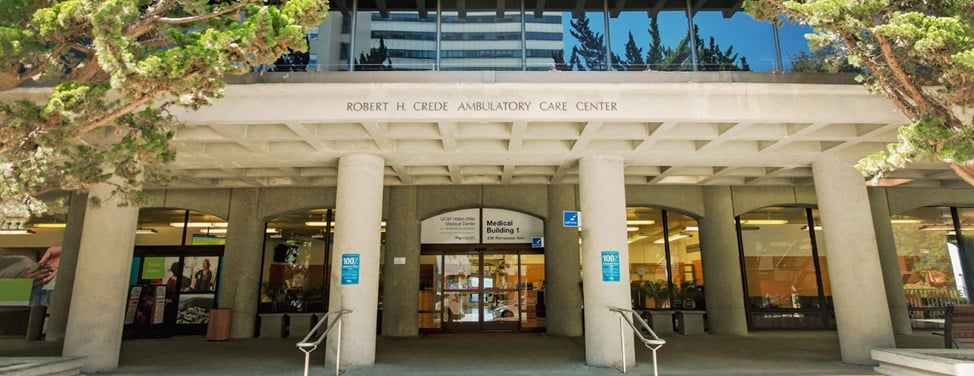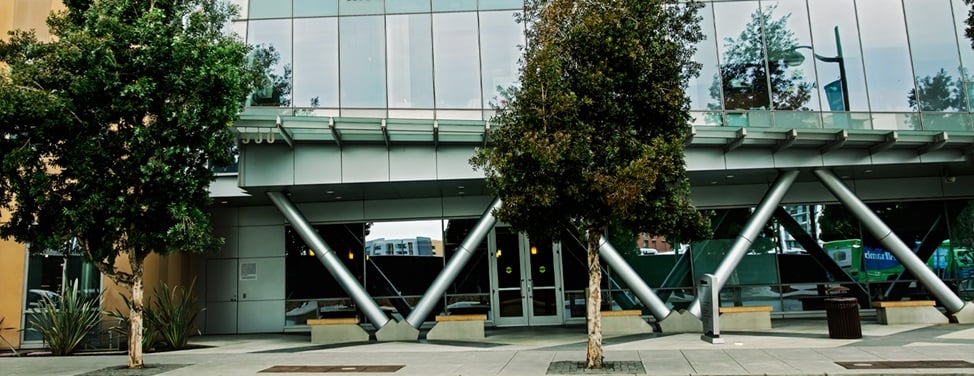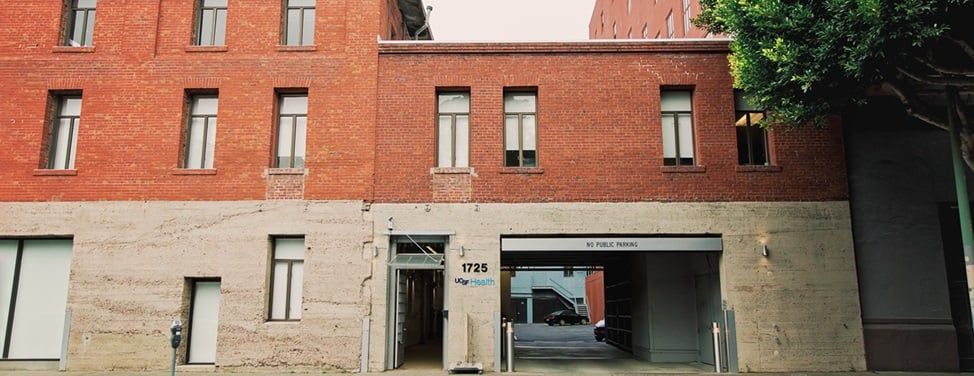
Radiology at Parnassus – Main Hospital
UCSF Radiology at Parnassus – Main Hospital uses imaging techniques, such as X-rays and ultrasound, to diagnose and treat a variety of conditions. We offer the full spectrum of imaging technologies, using the most advanced equipment.
Services at this location include:
- General X-ray
- Fluoroscopy
- MRI
- Ultrasound
- CT scan
- PET scan
- Nuclear medicine
- Interventional radiology
- Neurointerventional radiology
Images and reports
Getting your results
A radiologist will review your images and write a report. When finalized, the report and your images will be available in MyChart, UCSF's secure online portal for patients. You can access this report as soon as this occurs, so you may see it before your referring doctor does. Learn more about receiving test results and medical reports in MyChart. If you have questions about a report, please contact your referring doctor.
To get a CD of your medical images and reports, send a request to the UCSF Imaging Library.
Sending images to UCSF
If you need to send medical images that were taken at another institution to your UCSF radiologist, you can do so through our secure online portal. For instructions, visit How to Send Radiology Images to UCSF.
Doctor referral required
Our locations
Our team
How to send radiology images to UCSF
Before your appointment, securely upload images for our radiologists to review.
Accessing your test results in MyChart
Find out how to access your test results and medical reports.
Clinical trials
Imaging Study of [89Zr]DFO-YS5 for Detecting CD46 Positive Malignancy in Multiple Myeloma
Defined as the rate of lesions with positive uptake when compared against 18F-fluorodeoxyglucose (FDG) PET/computed tomography (CT) positivity. Sensitivity estimated based on lesion level without considering the location of the le...
Recruiting
First-in-Human Evaluation of an Astrocytic Glutamate Transporter (EAAT2) PET Tracer in Dementia
Each study participant will undergo a physical examination, vital signs, and ECGs prior to and after the scan and will also be monitored during the scan for adverse events. Additionally, a follow-up with the subject will be conduc...
Recruiting
Magnetic Resonance (MR) Imaging With Hyperpolarized Bicarbonate (13C) to Measure Tissue pH in P...
The feasibility of a study will be determined by the ability to generate adequate signal to noise ratio to measure acidity (pH) in tumor or adjacent healthy tissue. This study will be considered successful if the 13C bicarbonate (...
Recruiting
PET Imaging Study of 89Zr-DFO-YS5 in Men With Prostate Cancer
For Cohort A, the optimal time point will be selected based on optimal maximun Standardized uptake value (SUVmax) of metastatic lesions, and ratio of SUVmax to blood pool. Due to the limited samples, the investigator will use all ...
Recruiting
Feasibility of Acquiring Hyperpolarized Imaging in Patients With Meningioma
All participants who are enrolled in the study and receive any amount of hyperpolarized 13C pyruvate will be included in the primary outcome analysis. The proportion of participants who complete hyperpolarized 13C pyruvate MR imag...
Recruiting
Focused Ultrasound to Promote Immune Responses for Undifferentiated Pleomorphic Sarcoma
Proportion of participants with device-related adverse events will be determined by evaluating the incidence and severity of any device-related complications from the treatment day visit through the time of surgery or last post-tr...
Recruiting
Support services
Plan your visit
What to Bring
- Photo I.D.
- Health insurance card
- List of your medications, including dosages
- Written request form for the procedure, if your doctor gave you one
- List of questions you may have
- Device or paper for taking notes
Related clinics
Our research initiatives
-
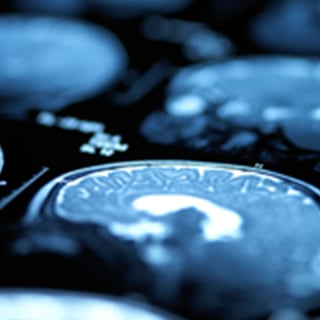
UCSF Department of Radiology and Biomedical Imaging Research
The UCSF Department of Radiology and Biomedical Imaging is home to many state-of-the-art research labs, all working to use imaging technologies to improve the understanding, diagnosis and treatment of disease.















































